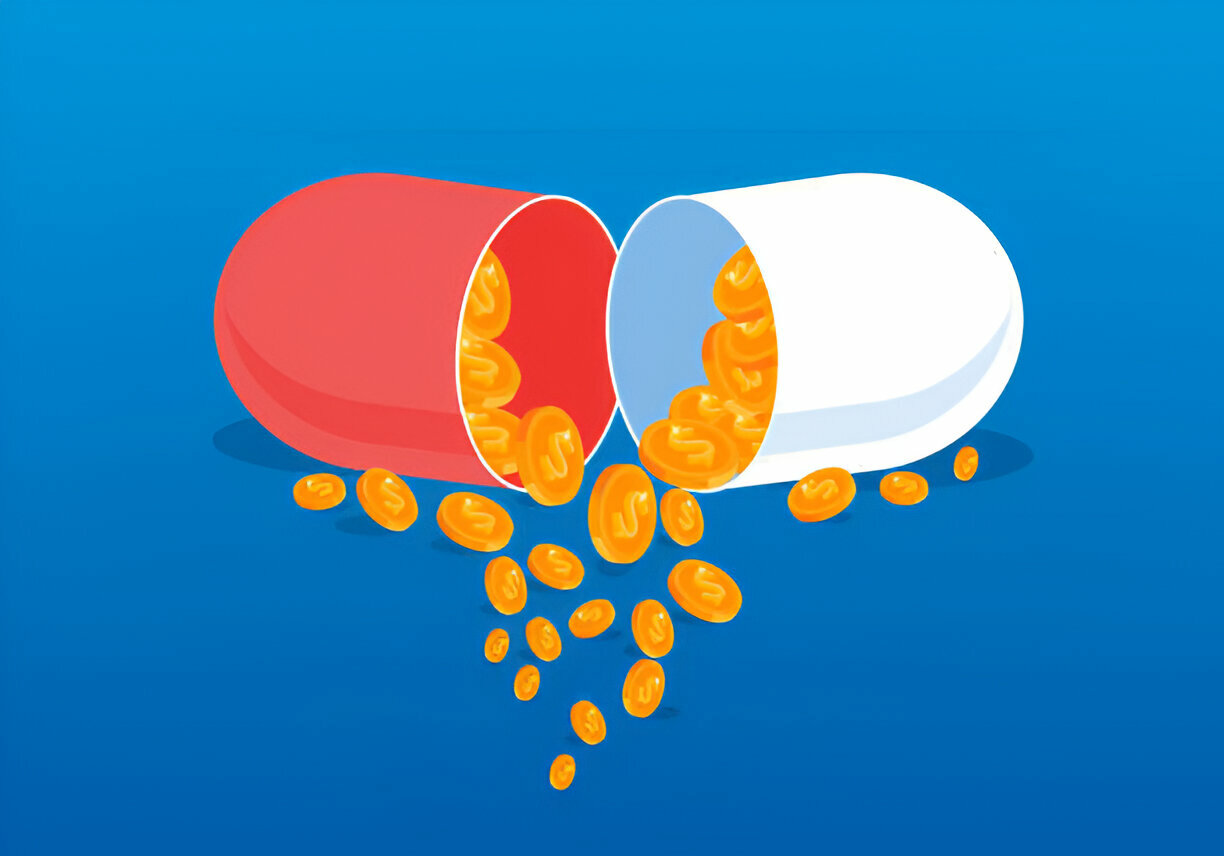Union Home Minister Amit Shah, speaking at the regional conference on “Drug Trafficking and National Security” on Saturday, January 11, 2025, emphasized the persistent and evolving challenges posed by drug trafficking in India. Key among these challenges are the misuse of the dark web, cryptocurrency, online marketplaces, and drones. These technological advancements, while beneficial in many sectors, have also been exploited to facilitate the smuggling of illicit substances. Shah underscored the urgent need for strict measures to counter these threats and reiterated the government’s commitment to ensuring that not even a single kilogram of drugs is smuggled into or out of the country.
Major Achievements in Combating Drug Trafficking
Highlighting the progress made under the leadership of Prime Minister Narendra Modi, Shah pointed to significant milestones in the fight against drugs:
Seven-Fold Increase in Drug Seizures: Over the past decade, India has seen a dramatic rise in the volume of drug seizures. Between 2014 and 2024, law enforcement agencies seized 24 lakh kilograms of drugs, compared to 3.63 lakh kilograms during the preceding decade. Record Disposal of Narcotics: The value of drugs disposed of has also seen an eight-fold increase, from ₹8,150 crore during 2004-2014 to ₹54,851 crore during 2014-2024. Massive Drug Busts in 2024: In the past year alone, drugs worth ₹16,914 crore were seized by the Narcotics Control Bureau (NCB) and police forces across the country, marking a significant step towards creating a drug-free society.
Shah also mentioned the dismantling of numerous narco-terrorism networks, particularly in regions like Jammu and Kashmir, Punjab, Gujarat, and Uttar Pradesh. These efforts not only targeted drug trafficking but also curtailed the terrorism linked to such activities.
Amit Shah stressed the importance of finding technical solutions to address the challenges posed by modern technologies in drug trafficking. He called for a collaborative effort involving state governments, the central government, and technocrats to devise innovative strategies. Shah emphasized that the fight against drugs is not just a law enforcement issue but a collective responsibility critical to national security and development.
A Comprehensive Strategy for a Drug-Free India
The Government of India, under PM Modi’s leadership, has adopted a zero-tolerance policy against drug trafficking. The Ministry of Home Affairs (MHA) has implemented a three-pronged strategy to achieve a drug-free India by 2047: Strengthening Institutional Frameworks: Enhancing the capacity and functionality of law enforcement and judicial institutions. Improving Coordination: Encouraging collaboration among central and state narcotics agencies to streamline efforts. Raising Public Awareness: Launching campaigns to educate citizens about the dangers of drug abuse and the importance of reporting drug-related activities.
The regional conference saw the participation of governors, lieutenant governors, chief ministers, and senior officers from eight northern states and UTs. Senior officials from central ministries, departments, and law enforcement agencies also attended, reflecting a unified approach to tackling the drug menace.
The fight against drug trafficking in India is not merely a battle against illegal substances but a broader effort to safeguard the nation’s future. With robust institutional frameworks, technological innovation, and collaborative efforts, the government is determined to make India a drug-free nation by 2047. As Amit Shah aptly stated, “No country can move forward on the path of development with a young generation suffering from drug addiction.” The initiatives launched at the conference, coupled with the government’s unwavering resolve, mark a significant step toward achieving this goal.
